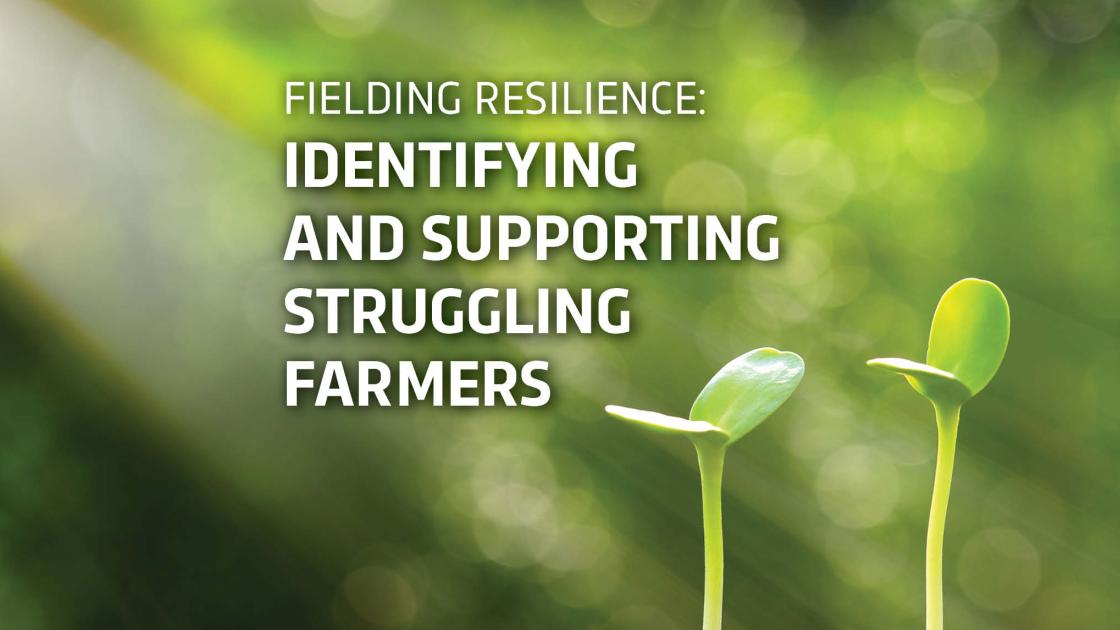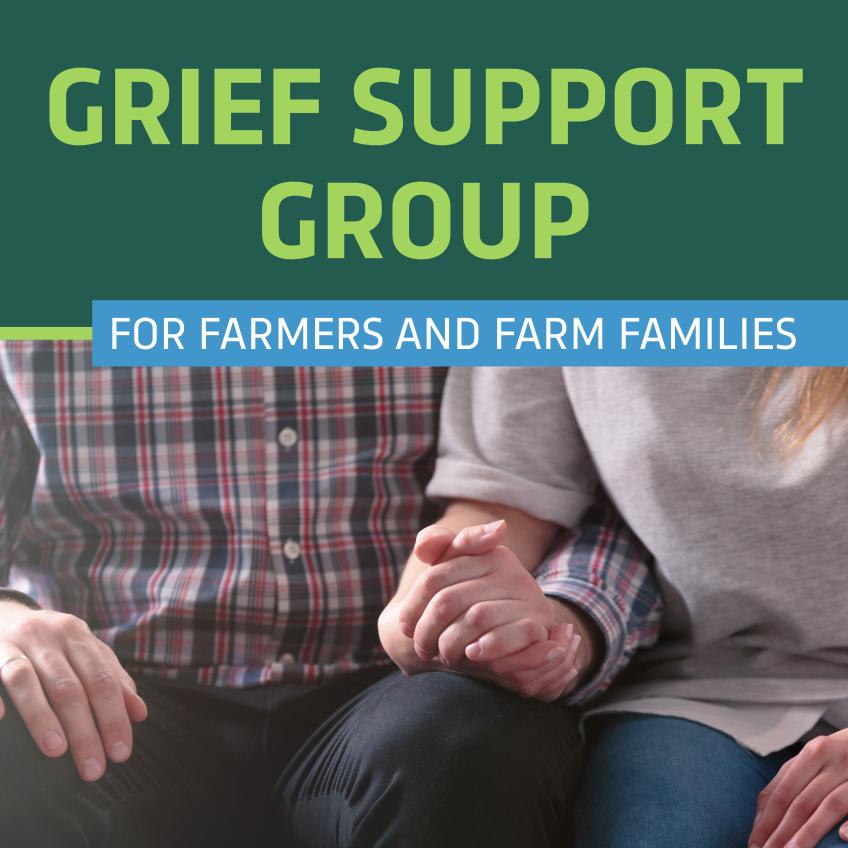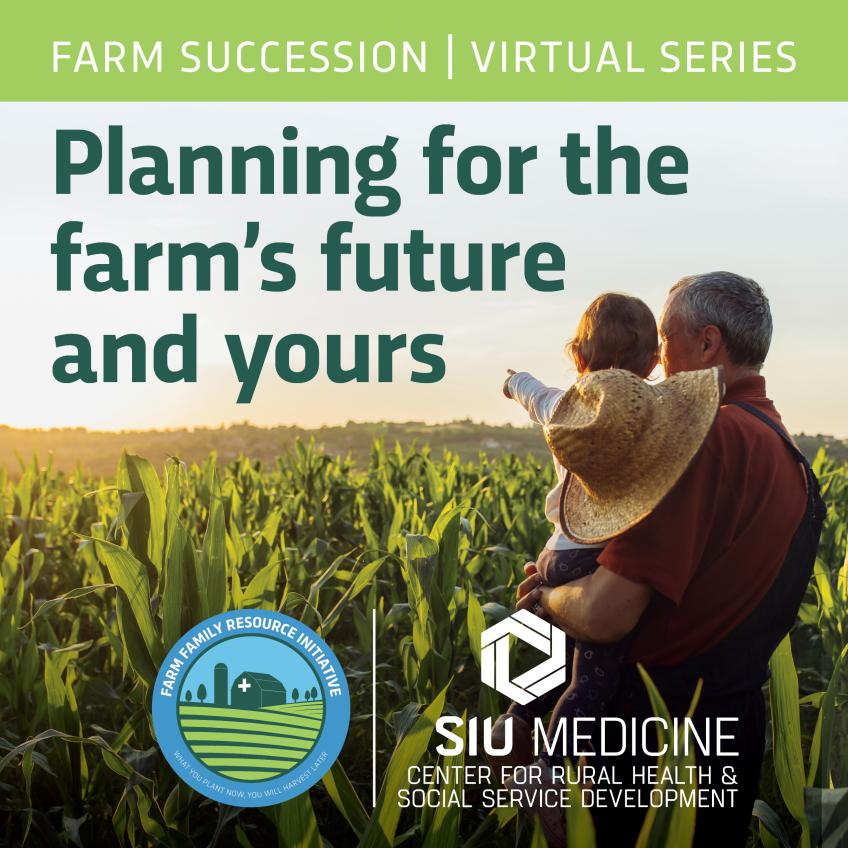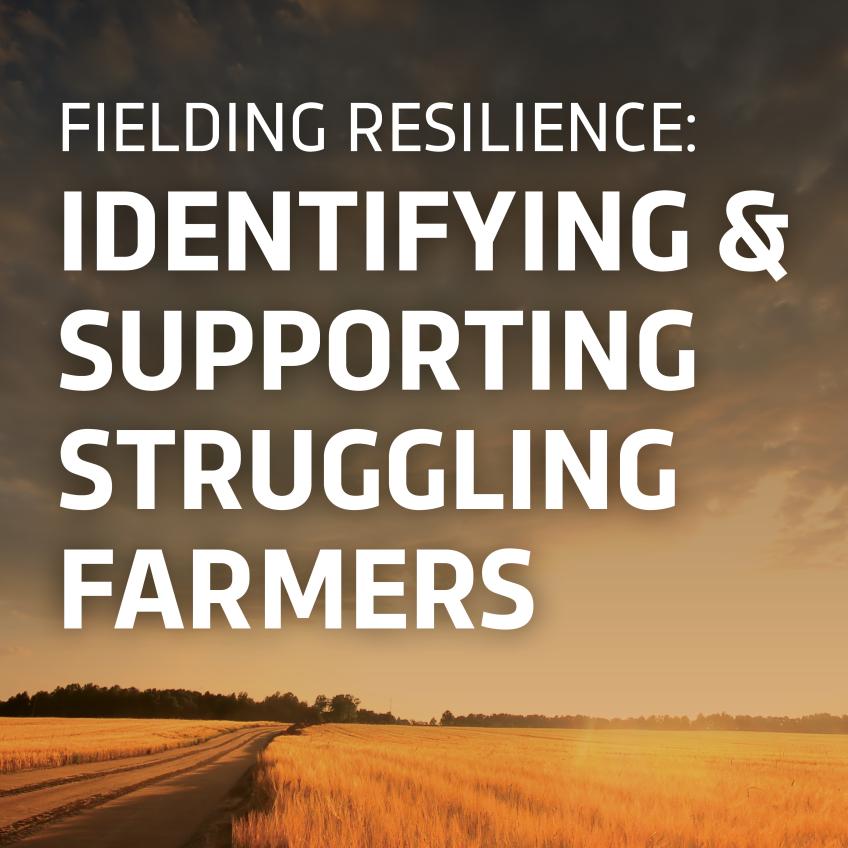Farm Family Resource Initiative
The Southern Illinois University School of Medicine Center for Rural Health and Social Service Development (CRHSSD) is leading the effort to build a network of support and resources for Illinois farm families. The purpose of the initiative is to provide a range of resources including a helpline to assist with farmer and farm-related issues that include mental and physical health needs. Additionally, the initiative offers ongoing outreach, education and training to rural clients and partners working to improve the health and safety of farm families.


The Farm Family Resource Initiative Helpline is a confidential service available 24/7 to all Illinois farm families. By calling or texting 1-833-FARM-SOS (1-833-327-6767) or emailing FarmFamilyResourceHelpline@mhsil.com, individuals can receive support from trained professionals who understand the unique challenges faced by those in the agricultural sector. The helpline offers specialized assistance, including mental health resources and agriculture-related support, ensuring that farm families have access to the help they need.
In addition to the helpline, the FFRI provides telehealth counseling services with SIU Medicine counselors, offering up to six sessions for individuals, couples, or groups. This comprehensive approach ensures that farm families receive the necessary support to maintain both their mental and physical health, acknowledging the unique stressors of the agricultural lifestyle.
To learn more about the Farm Family Resource Initiative and its services, or to sign up for telehealth counseling sessions, please contact Karen Leavitt Stallman at 618-713-0759 or email ffri@siumed.edu. Follow the FFRI on Facebook and YouTube.
Upcoming events
Standing Strong: Mental Health Support for Farm Families
The weight of farming can feel heavy—long hours, financial stress, and unexpected challenges. If you're feeling overwhelmed, you’re not alone. The SIU Medicine Farm Family Resource Initiative is here to support you and your family with free mental health resources and counseling. Reach out today and discover the strength in seeking help. Together, we can face these challenges with hope and determination.
Produced by the SIU Medicine Farm Family Resource Initiative in partnership with the Illinois Farm Bureau.
AgriSafe Nurse Scholar Program
The AgriSafe Nurse Scholar program is a distance learning opportunity designed for rural nurses. Experienced health & safety educators share their expertise in prevention, identification, and assessment of diseases related to agricultural work exposures. Classes are in the form of webinars to be viewed on your own time. Nurses who complete this course will be eligible for 23 hours of continuing nursing education.
Applications are open for the 2024 Nurse Scholar program. There are scholarships available for 125 individuals.
To be eligible to receive a scholarship, nurses must:
• Be employed by a rural health clinic, FQHC, government agency, non-profit hospital or organization, or work in academia
• Demonstrate an interest and ability to integrate learnings into their practices
• Work in a rural and medically

Blogs
Latest articles

Continuing education scholarships available for rural nurses
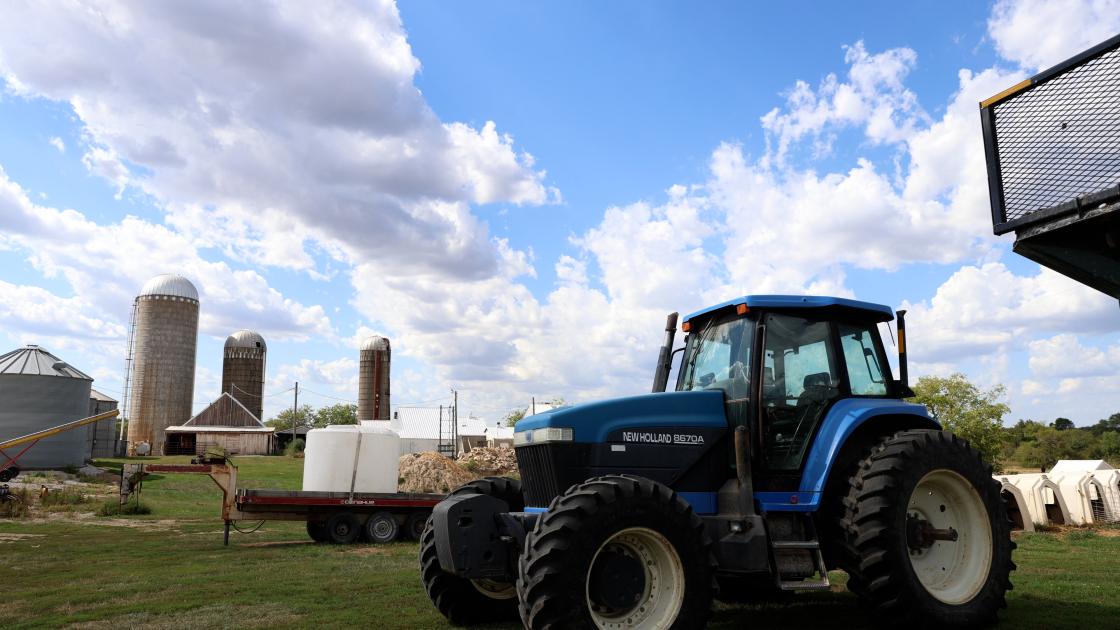
Plant one seed
